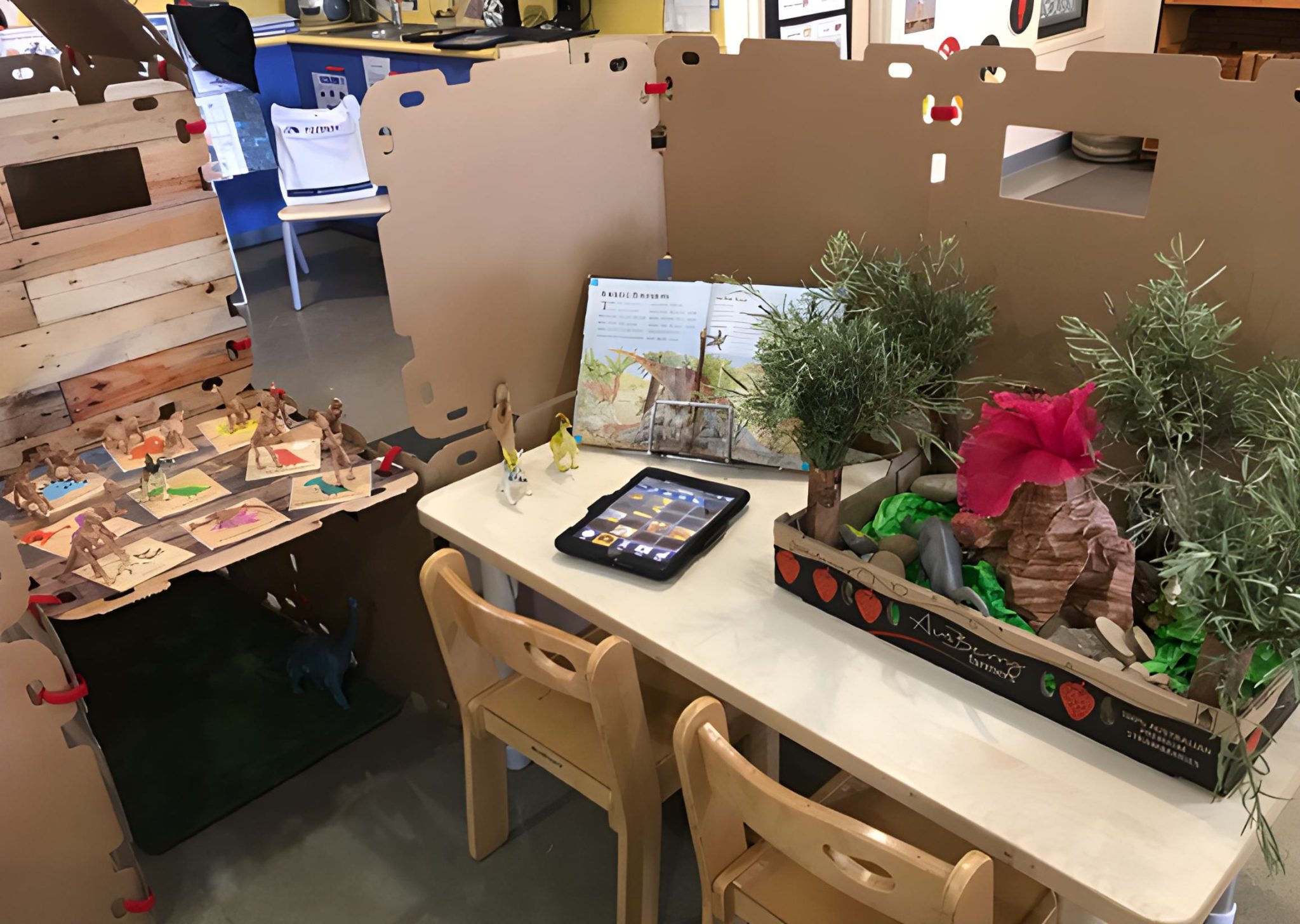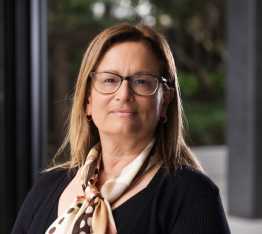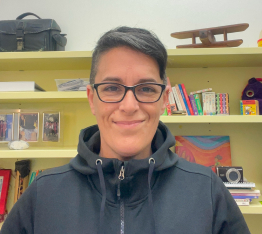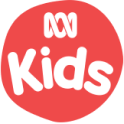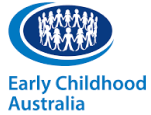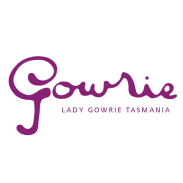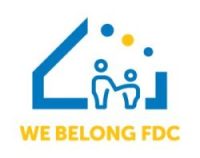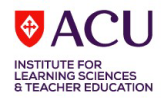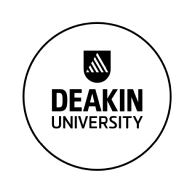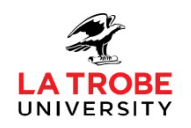About The Project
The project is based on the Early Childhood Australia (ECA, 2025) Statement on Young Children and Digital Technologies. The ECA (2025) Statement on Young Children and Digital Technologies describes technology use in the best interests of children as occurring in digital contexts.
Digital contexts include how people think about, and use, technologies for different purposes. For example, families with children of Fly-in-Fly-out workers might think video conferencing is very helpful for staying in touch with each other. Children in communities where music and dance are important might think smart speakers are useful for group dancing. The ECA (2025) Statement on Young Children and Digital Technologies identifies four main areas of importance for children in digital contexts. These are:
- Relationships: Young children interact, engage, access, and learn how to use digital technologies in relationship with people in digital contexts.
- Health and Wellbeing: Young children interact, engage with, and experience digital technologies in contexts that can have implications for their physical activity, posture, vision, sleep, and emotions.
- Citizenship: Young children are active participants in their communities where digital rights, privacy, and online safety provide a foundation for their citizenship in digital contexts.
- Play and Pedagogy: Young children use a range of working and non-working digital devices for exploration, meaning-making, collaboration, and problem solving in digital contexts.
In this project, children, families, and educators from across Australia have been exploring different practices for using digital technologies in each of these four areas. Practices are what people say and do, and how they relate with each other, when they use technologies in digital contexts. Children use digital technologies to play games, watch online content, communicate with friends and family, plan journeys, and participate in online shopping. They can also use digital technologies to learn new information, explore ideas together, participate in physical activity such as dancing, and create their own digital content.
Leading national organisations committed to helping children and their adults use technologies in ways that are safe, fun, and educational worked on this project. Organisations collaborated with researchers to identify nineteen practices that help adults support children to use digital technologies in the areas of Relationships, Health and Wellbeing, Citizenship, and Play and Pedagogy.
On this website, you will find descriptions for all nineteen practices across the four areas, including resources such as videos, articles, infographics, tip sheets, or animations for each practice. These resources are designed to help children and adults use technologies to build relationships, support physical activity and transitions away from sedentary use of digital devices, promote online safety, and provide opportunities for children’s digital play and learning.
The resources on this website were developed in collaboration with children, families, and educators by researchers and organisations interested in helping young children live well and safely with digital technologies. Each resource has an explanation about how to use it and links to further information you might find interesting or helpful.
All of the resources are mapped to:
- Statement on Young Children and Digital Technologies (Early Childhood Australia, 2025)
- Belonging, Being, and Becoming: The Early Years Learning Framework for Australia V2.0 (Australian Government Department of Education, 2022)
- National Quality Standard (Australian Children’s Education and Care Quality Authority, 2019)
- National Principles for Child Safe Organisations (Australian Human Rights Commission, 2018)
Introducing this project
Project Overview
